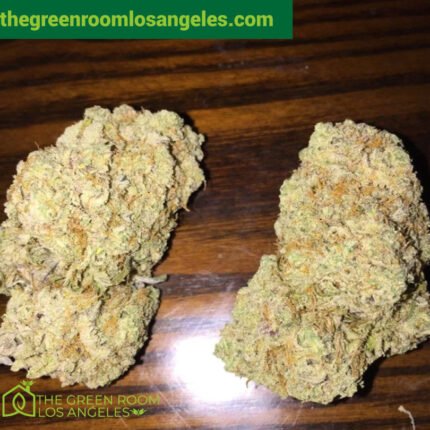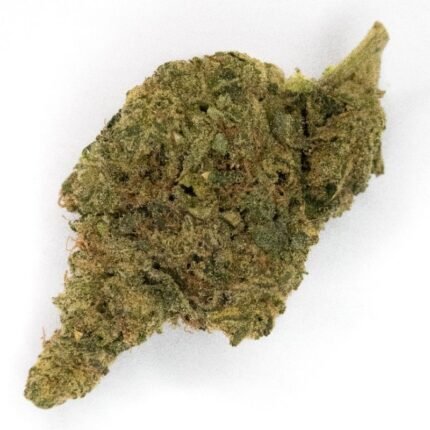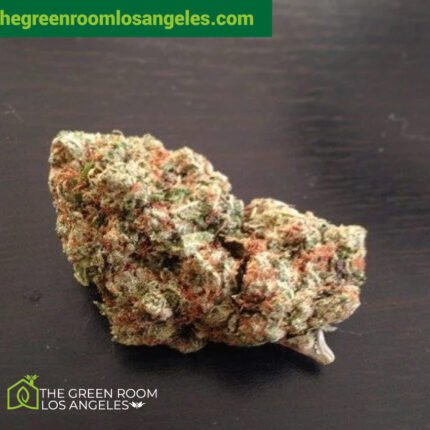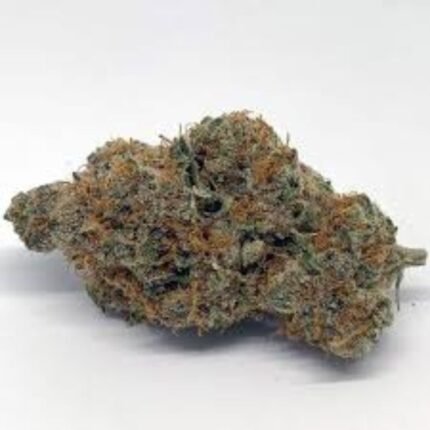Buy Quick Sand Online
It introduces quicksand strain cannabis. Staying true to its name makes this flower catch you. It is an excellent strain for the seasoned connoisseur looking for an intense smoke but doesn’t want to sacrifice flavor. When you open the jar, a sweet gas aroma will fill the room, and it will taste exactly how it smells when you roll it up. quicksand strain quicksand cookies strain Leafly
Quick Sand Strain When it arrives in the Gwizz strain, there are two main types: the strain found in nature and the strain created by humans. Natural stress occurs in areas with a high concentration of minerals in the soil, and the sand can quickly shift and shift—quick one cookies quicksand strain review Cookies Baby Kiwi Strain strain.
What is The Quicksand Condition?
swizz strain condition or boiling quicksand strain condition is a condition that occurs in the sand when the practical stress is quick sand reduced due to the upward flow of water. Cookies quicksand When the flow increases, a stage is reached where the effective voltage is reduced to zero. The condition thus developed is known as a quicksand condition. Fig. Quicksand strain Cookies London Chello cookies
What Causes The Formation of Quicksand?
Rambis marijuana strain forms in saturated open sand when the sand is suddenly nervous. When the moisture in the sand cannot escape, it makes a liquefied soil that loses strength and cannot keep its weight. Cookies quicksand strain cannabis can form in standing or upward-flowing water (such as from an artesian spring).
Key Features:
- Sinking: Entanglement in quicksand results in gradual sinking due to its high viscosity and low bearing capacity.
- Fluidity: Quicksand appears solid but behaves like a thick liquid, making movement difficult.
- Instability: Its composition constantly shifts, posing a risk of collapse or engulfment.
- Concealment: Quicksand often blends with its surroundings, making it difficult to detect until it’s too late.
- Natural Occurrence: Typically found near water bodies or in marshy areas with loose sediment.
- Dangers: Entrapment can lead to suffocation or hypothermia if not rescued promptly.















Reviews
There are no reviews yet.